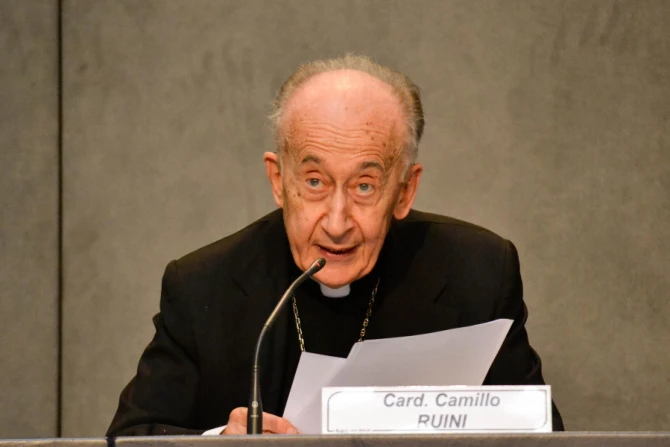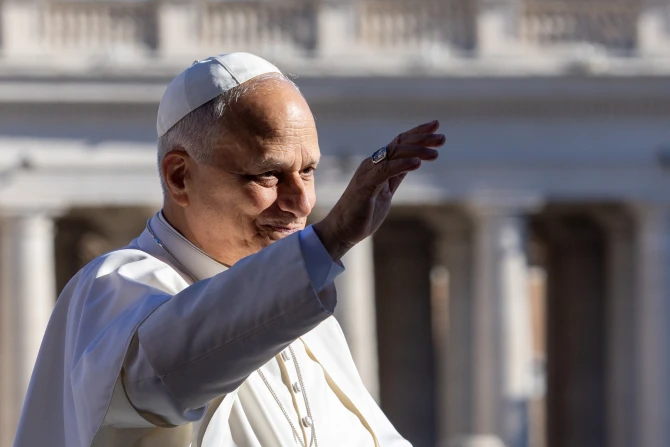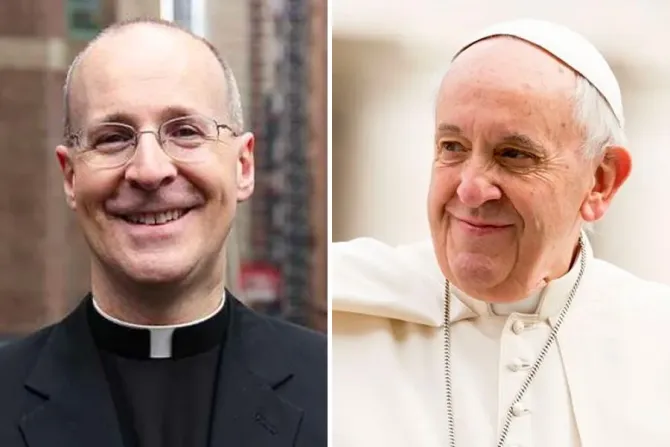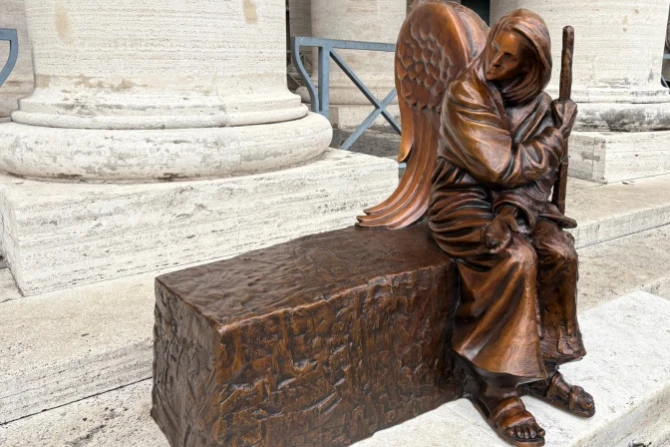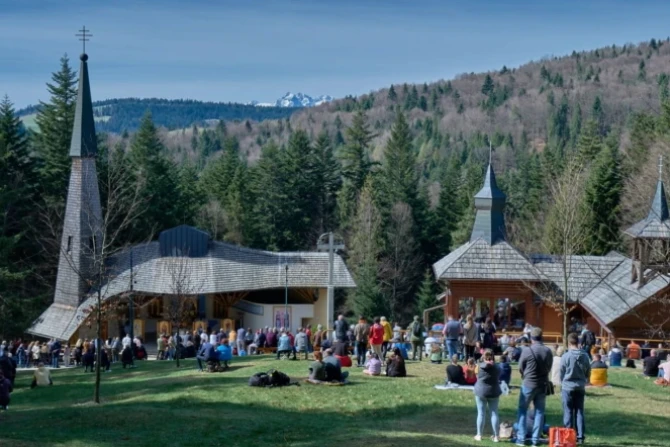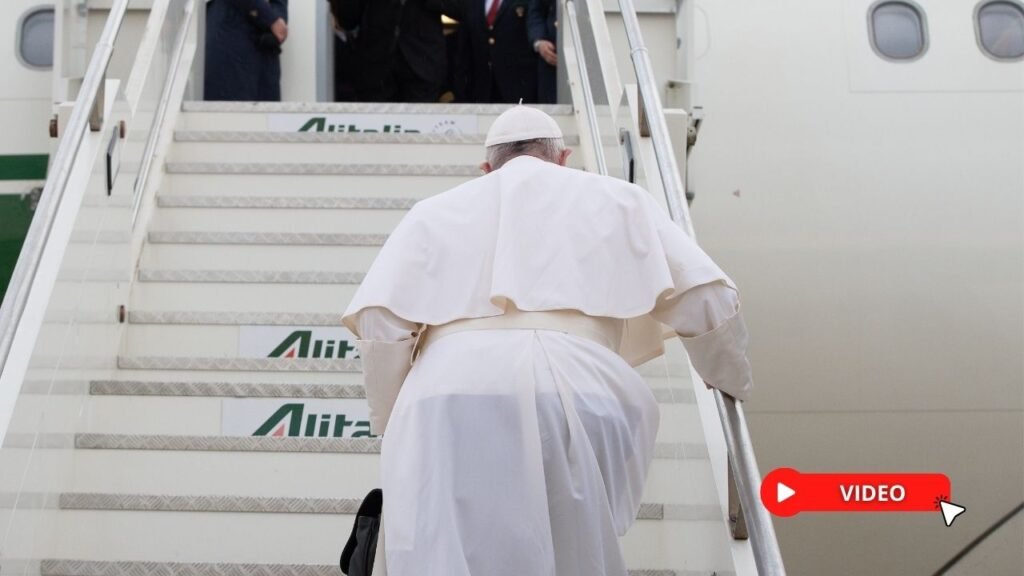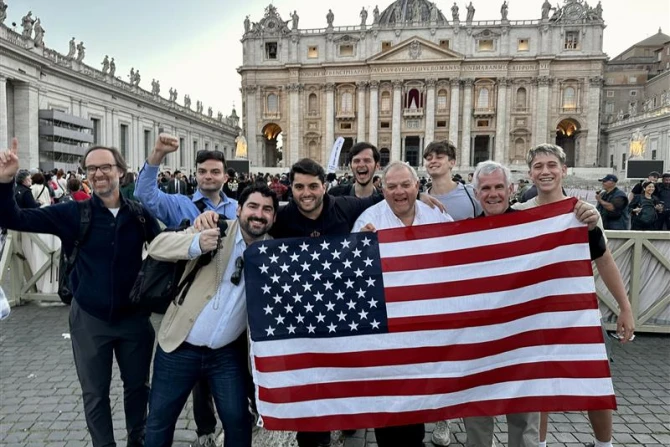Italian Cardinal Camillo Ruini, who chaired the international commission investigating the authenticity of Medjugorje, has offered four criteria for the conclave that will elect Pope Francis’ successor.
SIGN UP FOR OUR NEWSLETTER HERE
In an article titled “Prayer for the Church of the Near Future,” published on the blog “Settimo Cielo” by veteran Italian Vatican expert Sandro Magister, Ruini — who at age 94 is too old to vote in the upcoming conclave — proposes four aspects of the life of the Church he would like to see as the Church moves forward in the next pontificate.
“I trust in a good and charitable Church, doctrinally secure, governed according to law, and deeply united internally. These are my prayer intentions, which I would like to see widely shared,” the cardinal explains.
Ruini was a close collaborator of St. John Paul II, heading the Italian Bishops’ Conference (1991–2007) and serving as vicar general of the Diocese of Rome (1991–2008).
In 2005, he participated in the conclave that elected Pope Benedict XVI, who in 2010 appointed him president of the Medjugorje Commission consisting of about 20 members, including bishops and cardinals. The commission presented its final report in 2014. In 2024, the Vatican approved the spiritual experience of Medjugorje without confirming its supernatural character.
1. A good and charitable Church
Ruini notes in his first point that “love made effective in our lives is in fact the supreme law of Christian witness and, therefore, of the Church. And this is what people, even today, most yearn for.”
“In our style of government all useless harshness, all pettiness, and dryness of heart must be eliminated,” he emphasizes.
2. A doctrinally secure Church
The Italian cardinal then notes that Pope Benedict XVI observed that “faith today is a flame that threatens to go out.”
Thus Ruini points out that “rekindling this flame is therefore another great priority of the Church. This requires much prayer, the ability to respond in a Christian manner to today’s intellectual challenges, but also the certainty of truth and the security of doctrine.”
“For too many years,” he warns, “we have been experiencing that if these are weakened, all of us, pastors and faithful, pay a heavy price.”
3. A Church governed according to law
For the Italian cardinal, “Benedict XVI’s pontificate was undermined by his poor capacity to govern, and this is a concern that is valid for all times, including the near future. Furthermore, we must not forget that this is about governing that very special reality that is the Church.”
“Here, as I said, the fundamental law is love: The style of government and the recourse to the law must be as compliant as possible with this law, which is very demanding for anyone.”
4. A united Church
Ruini states that “in recent years we have perceived some threats — which I do not wish to exaggerate — to the unity and communion of the Church.”
“To overcome them and bring to light what I like to call the ‘Catholic form’ of the Church, mutual charity is once again decisive, but it is also important to raise awareness that the Church, like every social body, has its rules, which no one can ignore with impunity.”
“At 94 years of age, silence is more appropriate than words. I hope, however, that these lines of mine are a small fruit of the love I have for the Church,” the cardinal says.
This story was first published by ACI Prensa, CNA’s Spanish-language news partner. It has been translated and adapted by CNA.

